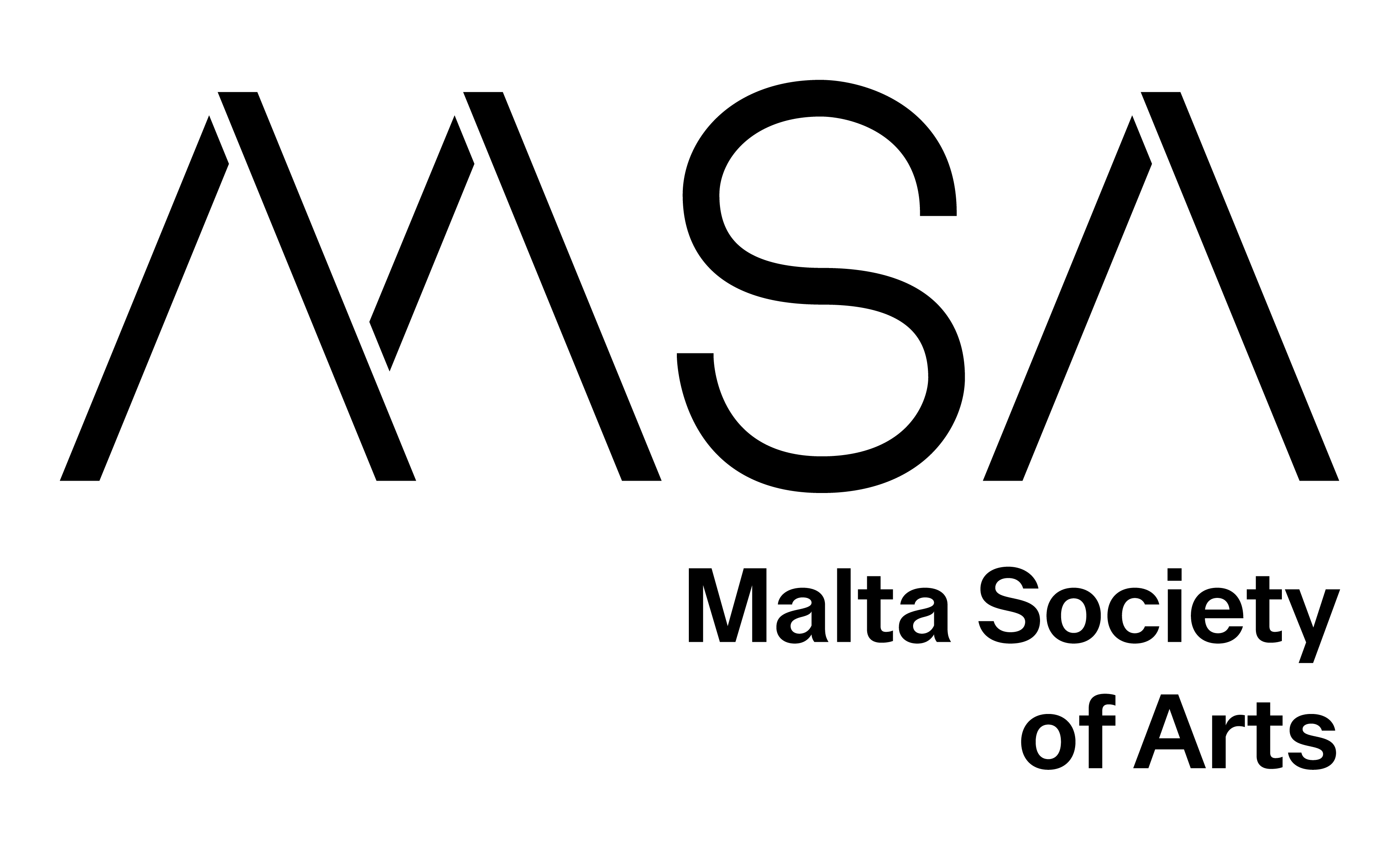Ongoing
Installation
How might we give birth to a communal motherhood?
What does a collective practice of gestation and birthing look like?
You are cordially invited to mothers’ first birthday party: a multispecies birthing ritual exploring the regimes of care and control that ‘motherhood’ implies.
The collaborative project, Listen with Mother, explores relationships between human and more-than-human kin through the expanded concept of the ‘mother’. Listen with Mother is an evolving installation centred around a SCOBY* mother, brought from Newcastle University’s Hub for Biotechnology in the Built Environment (HBBE). Our ‘mother’ has been grown on a kitchen table as part of installations situated in two exhibitions which ran from May till November 2022. Around this table, biotechnology researchers, artists, architects and other makers were invited to share how they work with non-human organisms, as a way to explore diverse perspectives on more-than-human care, kinship, control, nurture and culture from the lab, the gallery and the home. Gallery visitors were invited to engage in these explorations through the concept of ‘motherhood’, understood as an act of interspecies care.
*Symbiotic Culture of Bacteria and Yeast
Woven bacterial cellulose hanging basket - Roxana Caplan
Louise Mackenzie, PhD, is an Edinburgh-born interdisciplinary artist, curator and writer. Her practice explores human relationships with the non-human world. With an interest in experimental and experiential practices, sound and new/found media play an important role in her work. Her work has been exhibited nationally and internationally, including ZKM (Germany), BALTIC CCA (UK) and National Library of Madrid (Spain) and she has written for publications with MIT Press, Routledge, Bloomsbury and Intellect.
Kaajal Modi (she/they) is a multidisciplinary designer and creative researcher working through accessible multispecies modes to engage diverse communities into conversations about food, culture, and climate. Their co-creation practice incorporates illustration, live art, sound, video and workshops to create lively and situated encounters between people, organisms and ecosystems. Kaajal is currently completing a practice-based PhD at the Digital Cultures Research Centre (DCRC) at UWE, Bristol, co-supervised from the Science Communication Unit.
Back







